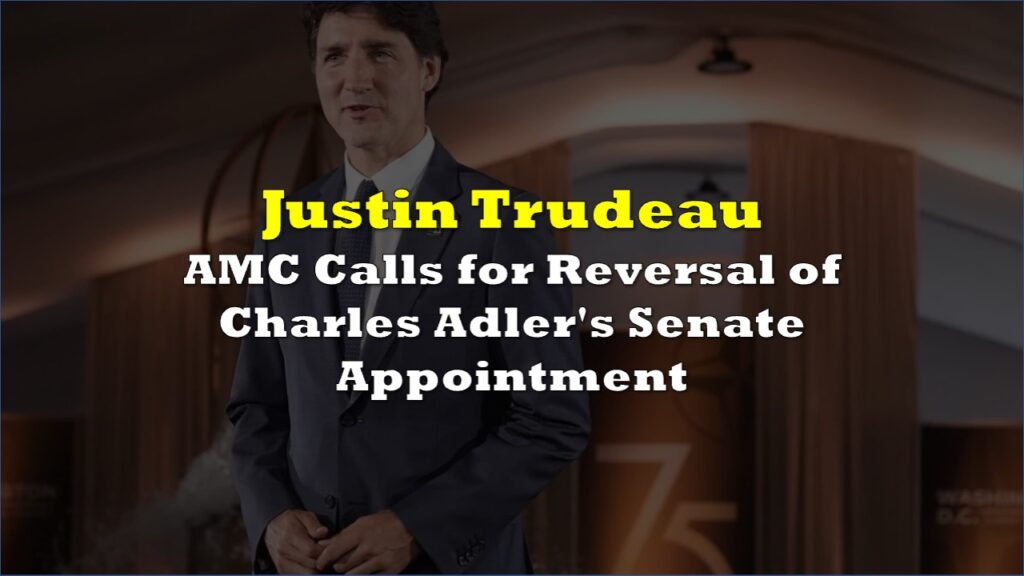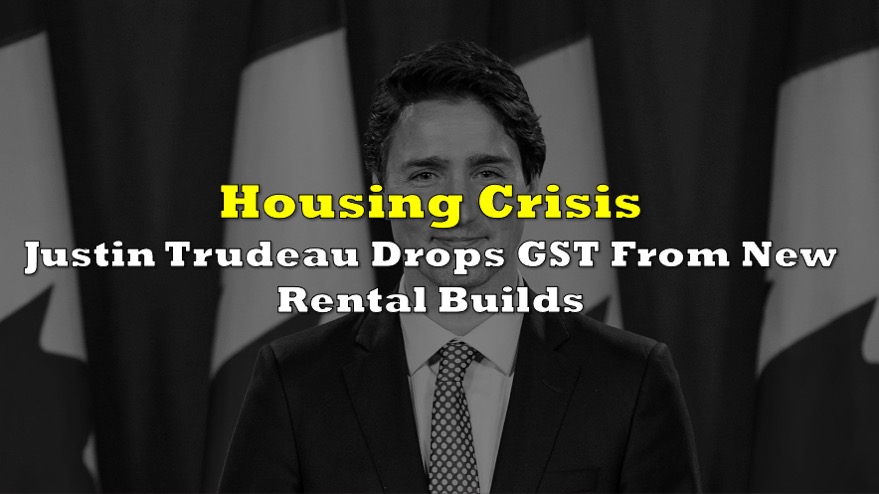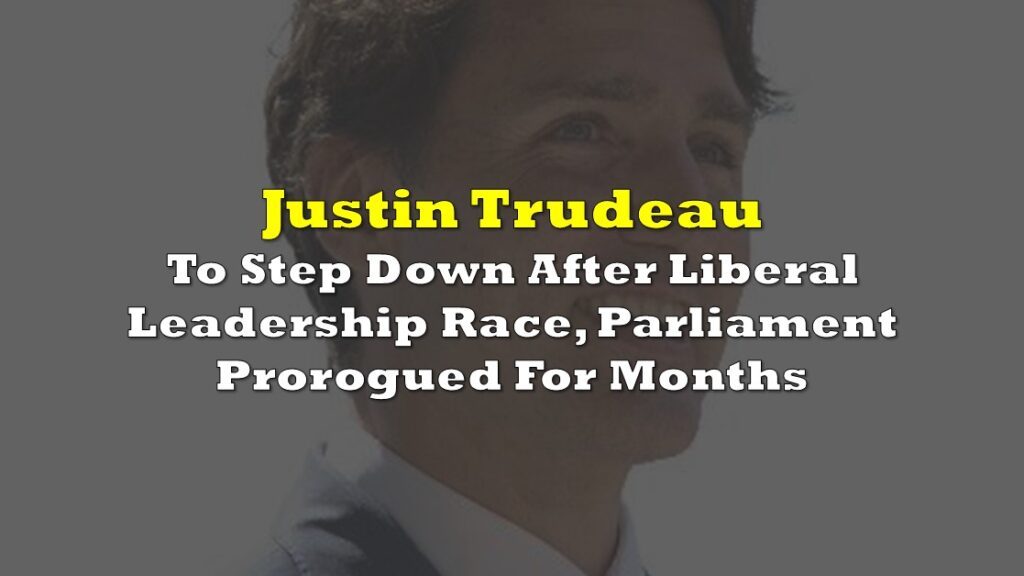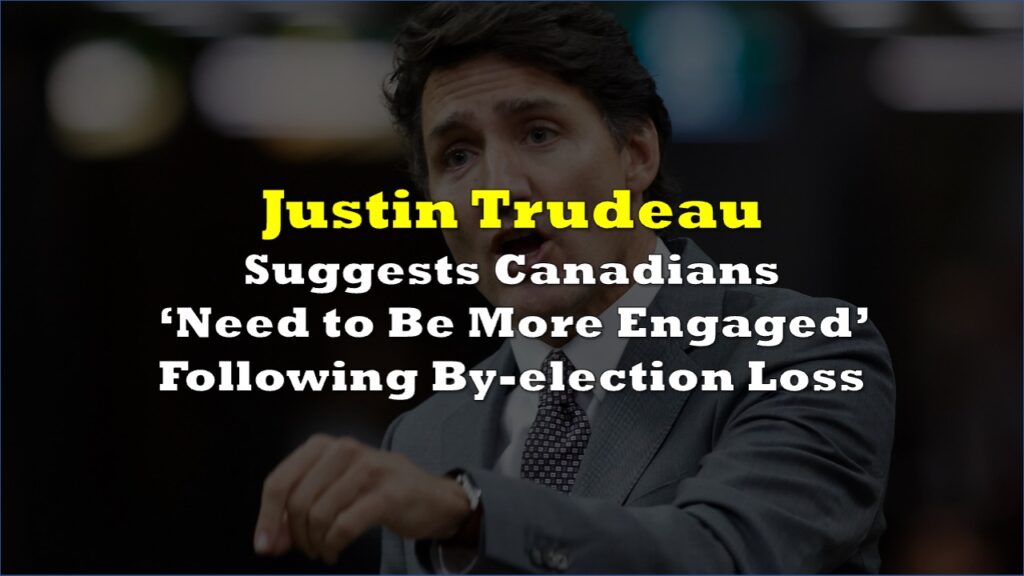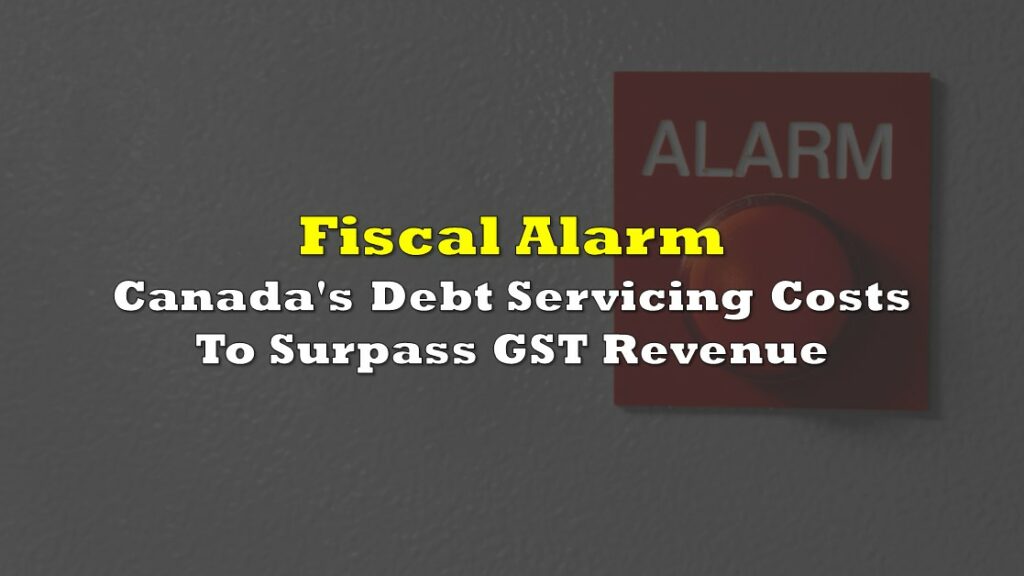Prime Minister Justin Trudeau unveiled a temporary two-month GST holiday and direct cash payments as part of a new effort to ease financial pressures on Canadians. The measures, announced on Thursday, are designed to provide immediate relief for families struggling with rising costs during the holiday season and beyond.
The GST holiday, which will begin on December 14, 2024, and run until February 15, 2025, will waive the federal Goods and Services Tax on a range of goods and services. Items included in the tax exemption are restaurant meals, prepared foods, snacks, children’s clothing and footwear, toys, and seasonal purchases like Christmas trees.
The government has also promised a one-time payment of $250 to approximately 18.7 million Canadians who earned less than $150,000 in 2023, with payments expected in early spring 2025.
Folks …
— EconomicWoes 🦁 (@ManyBeenRinsed) November 21, 2024
Canadians getting ripped when it comes to groceries and necessities along with ever so increasing property taxes and insurance as well as sky high shelter. There’s millions who can barely afford heat right now.
Meanwhile …
This is our Canadian government … 👇🏽 pic.twitter.com/tlKFzWwUNc
Radio-Canada and CBC News sources have also confirmed that the government intends to send individual cheques to Canadians in the spring. Sources said the government plans to send a $250 cheque to every Canadian whose individual income is less than $150,000 https://t.co/2SVytRCAzA
— David Coletto (@DavidColetto) November 21, 2024
The Trudeau administration estimates that a family spending $2,000 on eligible goods during the GST holiday could save about $100, with even greater savings in provinces where the GST is harmonized with provincial sales taxes (HST), such as Ontario and Nova Scotia. In Ontario, for instance, a family could save approximately $260 over the two-month period. The government claims these measures will not only provide relief to families but also stimulate economic activity during a traditionally high-spending season.
“For two months, Canadians are going to get a real break on everything they do,” Trudeau said during a press event in Newmarket, Ontario. “We can’t control prices at the checkout, but we can put money back in people’s pockets to help ease the pressure. That’s what this is all about—relief when Canadians need it most.”
These measures come with a steep price tag for the federal treasury. The two-month tax holiday is expected to cost $1.6 billion in lost revenue, while the $250 rebate will amount to $4.68 billion.
A Political Move?
The announcement also comes at a politically charged moment for the Liberal government, which has faced declining poll numbers and stinging defeats in recent byelections. According to CBC’s Poll Tracker, the Liberals now trail Pierre Poilievre’s Conservatives by an estimated 17 points.
This signals a strategic shift for the Trudeau government, which has faced mounting criticism over its handling of affordability issues, including rising food prices, unaffordable housing, and energy costs. With inflation recently brought down to the Bank of Canada’s target of 2%, Trudeau has framed these new measures as a way to offer relief without reigniting inflationary pressures.
However, economists and political analysts remain divided on whether these policies will have the desired effect. Many are concerned that a short-term injection of cash and tax breaks could stoke consumer demand, potentially driving prices back up. Daniel Foch, a financial analyst, commented that the announcement suggests retail data might already be showing signs of slowing consumer spending, prompting the government to step in with fiscal stimulus.
It is scary to imagine what kind of retail data they're seeing that would prompt a decision like this. https://t.co/tkT3VJVb5w
— Daniel Foch (@daniel_foch) November 21, 2024
Critics have also pointed to Canada’s growing federal debt, which has doubled over the past decade to reach $1.4 trillion. The cost of servicing that debt is projected to exceed $54 billion in 2024-25, raising questions about the long-term sustainability of new spending initiatives.
Trudeau defended the measures, arguing that Canada’s strong fiscal position allows for temporary spending to support families. “Canada has one of the strongest balance sheets in the world,” he said. “We can afford to step up when Canadians need us.”
Criticisms
Reaction from opposition leaders has been swift and pointed. Conservative Leader Pierre Poilievre dismissed the measures as a “temporary trick” that does little to address deeper affordability issues. Poilievre argued that Trudeau’s broader policies, including the carbon tax, are responsible for driving up the cost of living and said the new initiatives are unlikely to make a meaningful difference.
“Justin Trudeau is the reason Canadians are struggling to pay for groceries, heat their homes, and afford housing,” Poilievre said. “Now, after years of misery caused by his government’s socialist money-printing policies, he’s offering a short-term gimmick that does nothing to solve the real problems.”
Poilievre also warned that the GST holiday could exacerbate inflation, undermining the economic recovery that has only recently gained stability. However, when asked whether the Conservatives would vote against the proposed legislation, Poilievre declined to commit, stating, “I don’t vote for press releases. Let’s see what the actual bill says.”
NDP Leader Jagmeet Singh expressed conditional support for the measures, describing them as a step in the right direction but insufficient to address long-term affordability challenges. Singh reiterated his party’s commitment to permanently eliminating the GST on essential items, including groceries, home heating, and internet bills, funded by a tax on excessive corporate profits.
“We’ll support these measures because middle-class families need a break, but we believe Canadians deserve more than a band-aid solution,” Singh said. “If the NDP forms government, we’ll make affordability a permanent priority.”
Small business owners and industry representatives have voiced concerns about the potential unintended consequences of the GST holiday. Dan Kelly, president of the Canadian Federation of Independent Business (CFIB), shared feedback from members who fear the initiative could disrupt sales patterns. Some businesses worry that consumers will delay purchases or return items to re-buy them during the tax-free period, while others face additional challenges from the ongoing Canada Post strike.
“Small businesses are already under tremendous pressure,” Kelly said. “The GST holiday could push some over the edge, especially those struggling with supply chain disruptions and reduced consumer spending.”
An email from a CFIB small business member who sells children's products:
— Dan Kelly (@CFIB) November 21, 2024
"Consumers will hold off on purchases between now and Dec 14th. They will return purchases and cancel orders in order to re-purchase and save the GST. This will negatively affect sales.
Small businesses…
The GST holiday also bears striking similarities to a policy proposed by former Conservative leader Erin O’Toole during the 2021 election campaign. O’Toole had called for a one-month GST exemption on retail purchases in December, a proposal that was dismissed at the time by the Liberals. This has fueled accusations of political opportunism, with critics questioning whether the Liberals are now adopting policies they previously rejected to recover lost ground with voters.
— Jennifer Elle (@jenniferelle_) November 21, 2024
Trudeau, however, argued that the current circumstances warrant immediate action. “We’ve targeted support measures for low-income Canadians, for seniors, and for families struggling to make ends meet,” he said. “This GST holiday is about giving everyone a little bit of relief, no matter their circumstances.”
With Parliament set to debate the proposed measures, the government faces the challenge of navigating competing political and economic priorities. Singh has vowed to expedite the passage of the legislation, despite ongoing parliamentary gridlock over unrelated scandals involving green technology programs.
As the holiday season approaches, Canadians are left to weigh the potential benefits of the GST holiday and rebate against the broader questions of inflation, government debt, and affordability.
Information for this briefing was found via CBC and the sources mentioned. The author has no securities or affiliations related to this organization. Not a recommendation to buy or sell. Always do additional research and consult a professional before purchasing a security. The author holds no licenses.





